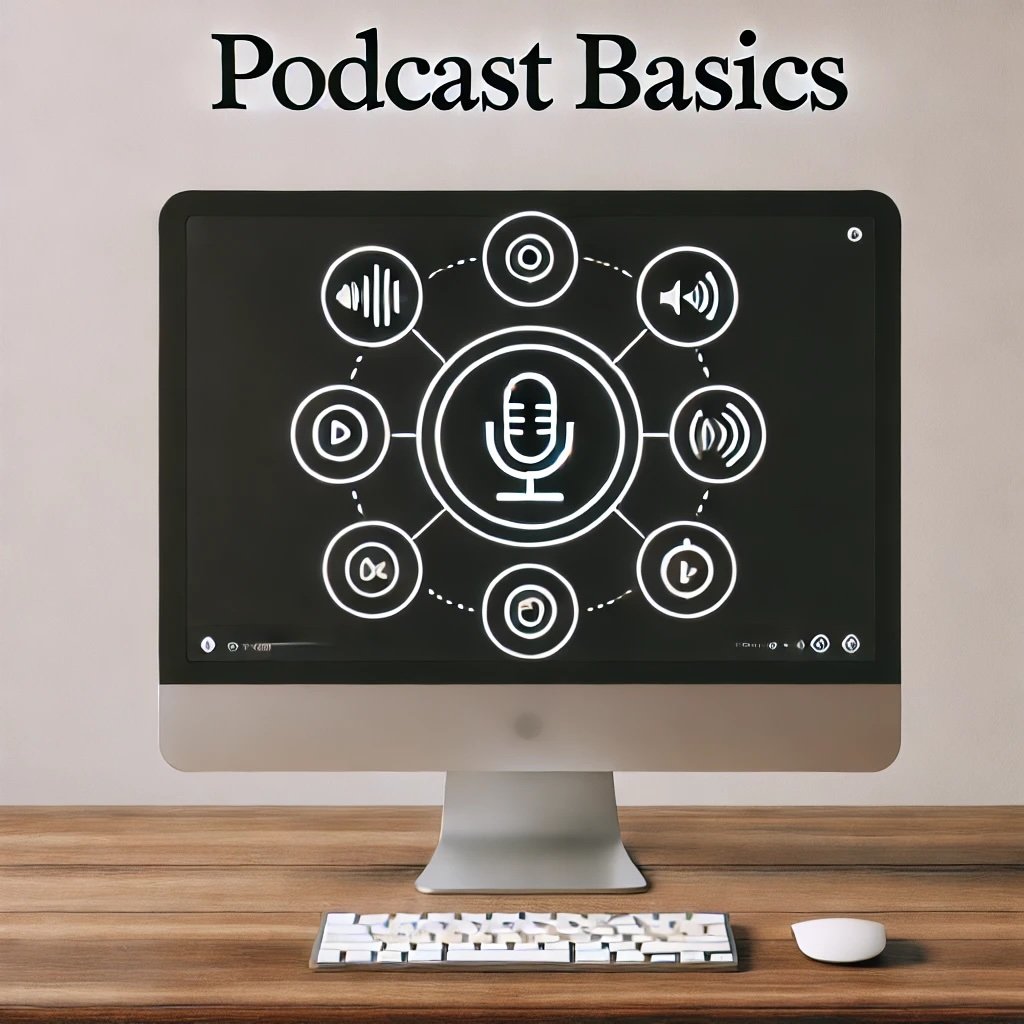Top 5 Non-Fiction Podcasts You Should Be Listening To
/Non-fiction podcasts offer a wealth of knowledge, insights, and real-life stories that can educate, inform, and inspire listeners. Whether you’re interested in current events, personal development, or deep dives into specific topics, there’s a non-fiction podcast for you. Here are the top five non-fiction podcasts you should be tuning into right now.
1. Serial
I feel like listing this one was obligatory. Fair warning, I’ve never listened to it because people like it too much. ha. “Serial” revolutionized the podcasting world with its captivating storytelling and in-depth investigative journalism. Each season focuses on a different true crime story, unraveling the details over multiple episodes. The first season, which explored the 1999 murder of Hae Min Lee, became a cultural phenomenon. Hosted by Sarah Koenig, “Serial” continues to engage listeners with its meticulous reporting and compelling narratives.
2. The Daily
Produced by The New York Times, “The Daily” provides a deep dive into the biggest stories of the day. Hosted by Michael Barbaro, each episode features interviews with Times journalists who offer insights and analysis on current events. With its concise and informative format, “The Daily” is a go-to source for staying updated on important news and developments. I 100% reccomend.
3. TED Radio Hour
If you love TED Talks, the “TED Radio Hour” is a must-listen. Hosted by Manoush Zomorodi, this podcast explores fascinating ideas and concepts from TED speakers, weaving together themes and insights that inspire and provoke thought. Each episode focuses on a specific topic, such as creativity, leadership, or human behavior, making it an excellent resource for personal and professional growth.
4. Stuff You Should Know
“Stuff You Should Know” is a podcast that educates and entertains by explaining how things work. Hosted by Josh Clark and Chuck Bryant, this show covers a wide range of topics, from historical events and scientific discoveries to everyday phenomena. The hosts’ engaging and humorous style makes complex subjects accessible and enjoyable for all listeners.
5. Freakonomics Radio
This one makes my never-miss top-5 favorites list. Hosted by Stephen Dubner, “Freakonomics Radio” explores the hidden side of everything, applying economic theory to a wide array of subjects. From understanding the economics of sleep to analyzing why we make certain decisions, this podcast offers a unique perspective on the world. It’s perfect for curious minds who love to question and explore the intricacies of human behavior and societal trends. Fair warning - this podcast ruins things for you. If you would like wine ruined for you - check out their look at the economics of the wine industry. blow-your-mind!
These non-fiction podcasts provide a diverse array of content that can inform, educate, and entertain. Whether you’re interested in true crime, current events, innovative ideas, or the mechanics of the world around us, there’s something here for everyone.
If you want to talk more about non-fiction podcasts or have any other podcasting ideas, feel free to hit me up. I always love hearing new ideas and discussing creative content. send me over an email or shoot me a message on instagram at @thepodkitchen
















